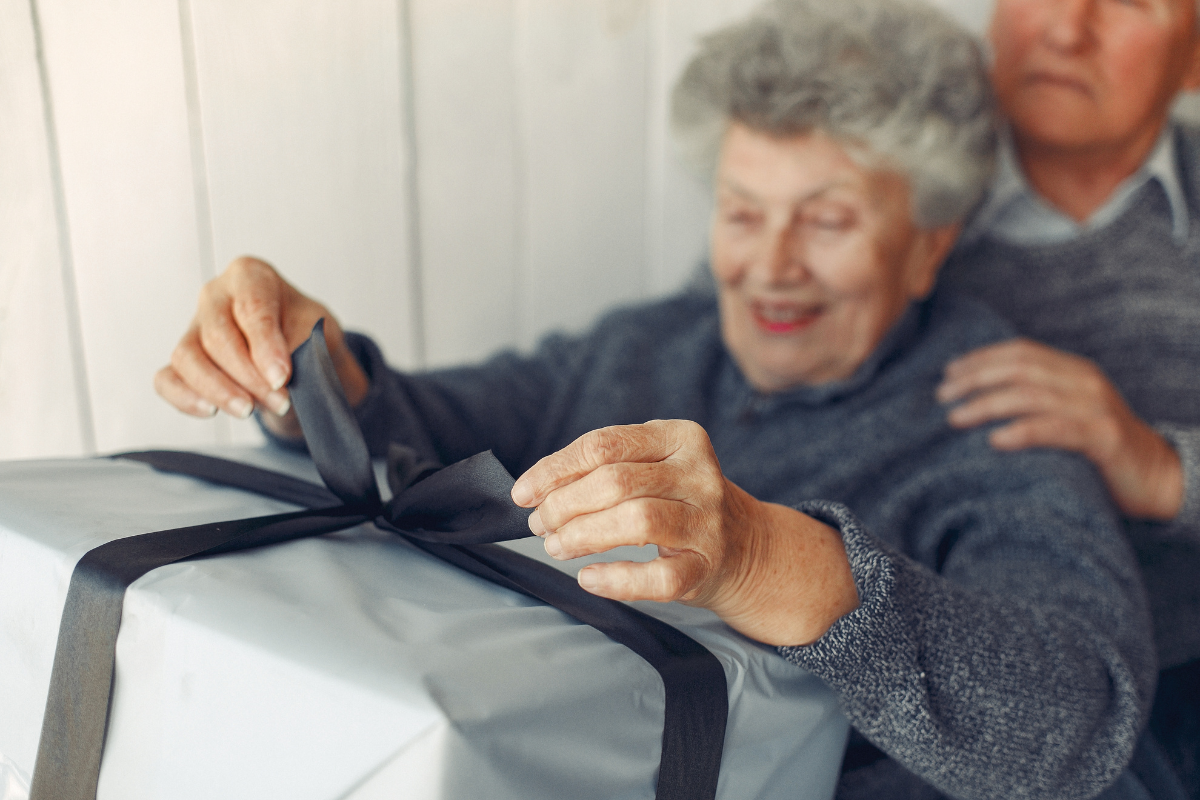The Culture Connection: Buddhist End-of-Life Practices
The Culture Connection blog series covers various customs and practices that someone involved in end-of-life care might encounter. Please refer to the introduction to this blog series for general advice. Today, we look at Buddhist end-of-life practices.
An Introduction to Buddhism

Buddhism was founded by a privileged prince in what is now Nepal. As an adult, he left the palace and witnessed firsthand people who suffered terribly. He wondered how anyone suffering like that could be happy.
One day he saw a hermit meditating and decided he too should abandon material things and seek truth. He eventually came to the insight that hatred and greed cause unhappiness and that wisdom and compassion are the keys to happiness. The ultimate spiritual state, Nirvana, he realized, comes through the absence of desire and oneness with perfection.
Buddhists and End-of-Life Care
Like Hindus, Buddhists believe in reincarnation and karma: that virtuous actions lead to happiness and unvirtuous actions lead to suffering. Buddhists often accept a terminal diagnosis well because of these beliefs. Buddhist beliefs include actions to avoid (e.g. lying, killing, stealing) and those to practice (e.g. ethically good speech and actions, kindness and compassion for all beings).
Since Buddhists believe death is the beginning of the new (reincarnated) life, rituals at the deathbed promote a favorable rebirth. If possible, a Buddhist monk or nun should be present. The chaplain may be able to find one. Family and friends may repeat chants to calm the patient’s mind.
Buddhists may refuse pain medication in order to remain “mindful,” since Buddhists believe in changing the self from the inside. While hospice staff should educate a Buddhist patient and family about pain medication and how it can promote a calm mental state, their wishes should be respected. Buddhist beliefs should be considered from the beginning of the plan of care since relief of spiritual suffering and the health of the patient’s mental state is important to Buddhists.
Specific practices and beliefs, such as dietary or modesty rules, vary among Buddhist individuals and communities, so hospice staff should be open to their needs and requests. The patient may want shrines, pictures, prayer beads or other objects of devotion brought to their room.
Some Buddhists believe the patient’s “life force” remains in and around the corpse for hours after the last breath is taken. After death, the body should be covered with a sheet and moved to the morgue in silence.
Although there is comfort in knowing their loved one will be reborn in a new life, normal emotions associated with loss are still present, so compassionate grief support is important.
Here is a Buddhist Dedication Prayer that may be offered by Buddhists:
By this merit may I become enlightened.
Having become enlightened may I defeat all evils.
Through the endless story of birth, illness, old age and death, may I help all beings to cross the ocean of suffering.
Jerry Gentry
Chaplain, Crossroads Hospice
Atlanta, Georgia
If you found this information helpful, please share it with your network and community.
Copyright © 2016 Crossroads Hospice. All rights reserved.




